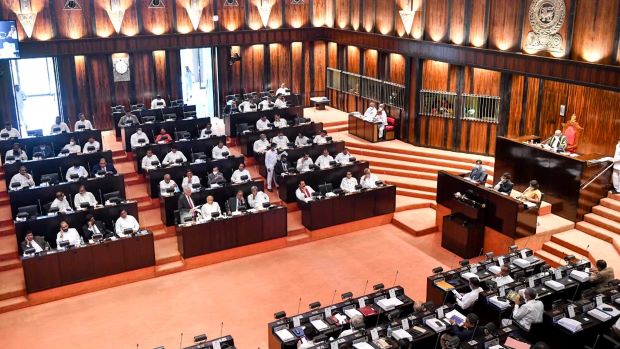COLOMBO — Sri Lanka’s parliamentarians are on course to receive fully taxpayer-funded vehicles, a departure from the previous practice where they financed their own cars without taxes.
Foreign Minister Vijitha Herath, during a late-night talk show on a private television channel, confirmed the new policy. “The government will provide vehicles to all parliamentarians, including opposition members, to support their work,” he said.
The shift has sparked criticism amid long-standing discontent over the selective application of tax benefits for politicians and government officials. While ordinary citizens pay steep taxes on vehicles, members of parliament (MPs)—who vote to impose such taxes—have historically enjoyed exemptions.
The practice of offering tax-free vehicles to MPs began in the 1980s. However, under the new policy, the vehicles will not only be tax-free but also fully financed by taxpayers.
During the talk show, the anchor highlighted concerns that taxpayers will now bear the entire cost of the vehicles. It remains unclear whether maintenance, repairs, or insurance will also be covered at public expense. Government vehicles are typically uninsured, raising questions about who will fund accident repairs.
Minister Herath also said that MPs will have the option to purchase the vehicles at a depreciated value based on their condition at the end of five years.
“When it is a government vehicle, they will not be careful about its use,” he admitted, adding, “If it’s damaged, they won’t fix it. To address this, we are introducing a system where MPs can acquire the vehicle after five years, depending on its valuation.”
National People’s Power MP Dharmapriya Dissanayake previously told reporters that all parliamentarians are set to receive new vehicles. Minister Herath clarified that providing old vehicles could lead to disputes over fairness, such as differing mileage or condition.
“If used vehicles are given, complaints will arise. One MP might say their vehicle has 45,000 km, while another has 60,000 km. It will lead to arguments about unequal treatment,” he said.
“We must ensure everyone gets an equal vehicle.”
The decision has fuelled public outrage, with many questioning why MPs, who already enjoy numerous privileges, should receive additional taxpayer-funded benefits. Critics argue that the policy further burdens a public already grappling with high vehicle taxes and economic challenges.
Government ministers traditionally receive taxpayer-financed cars, but the new policy extends this benefit to all 225 legislators, marking a significant escalation in state expenditure on parliamentary perks.
-economynext.com/ENCL



Comments are closed, but trackbacks and pingbacks are open.